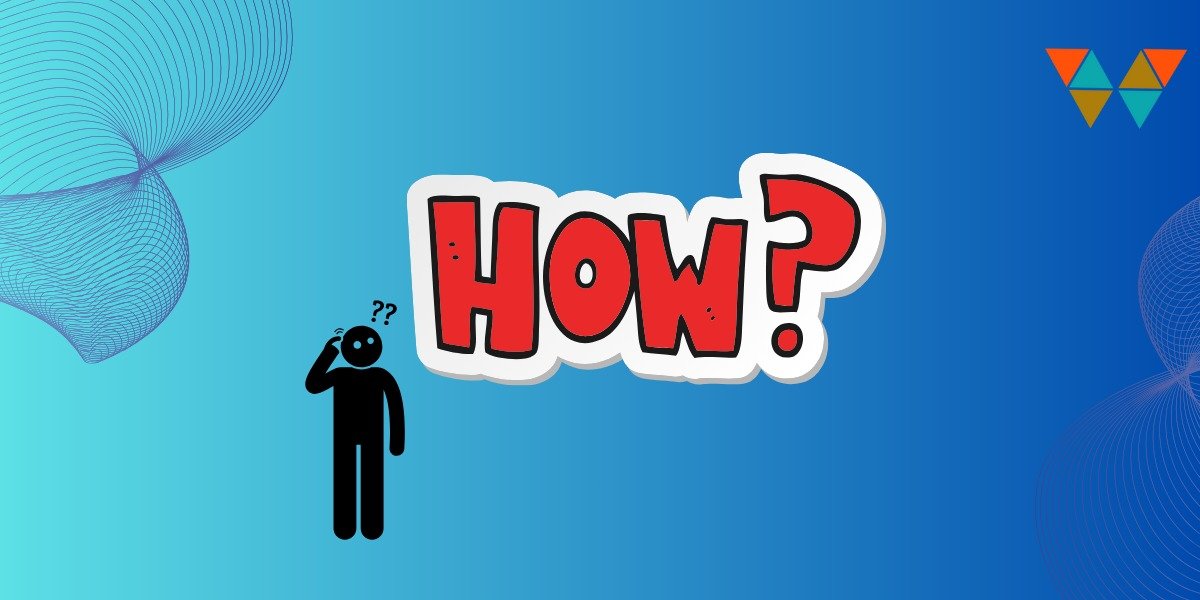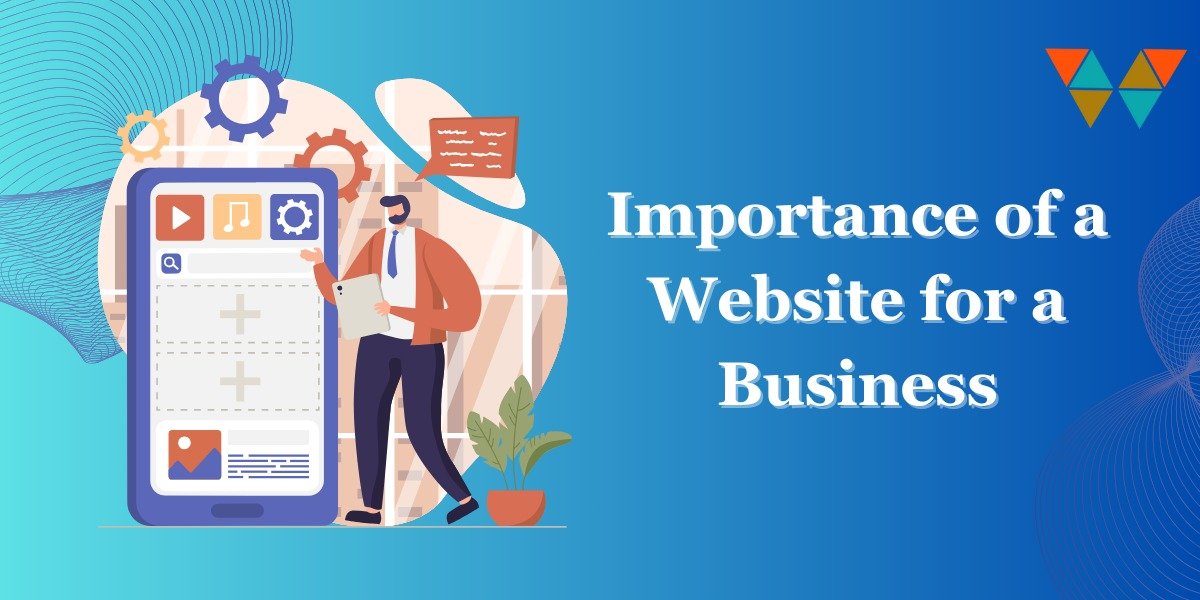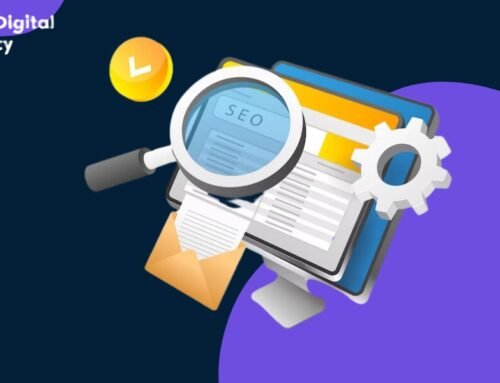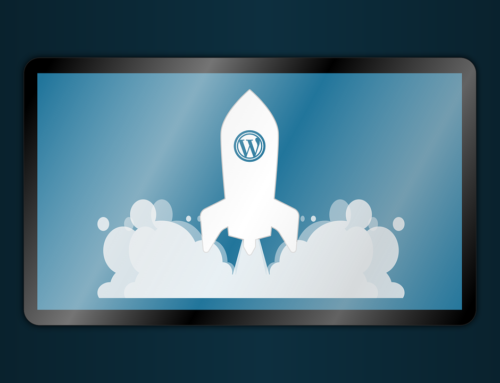Do you have a business? If so, do you have a website? If not, you’re missing out on a huge opportunity to reach new customers and grow your business.
A website is an essential part of any business in today’s digital age. It’s your online storefront, where potential customers can learn about your products or services, contact you, and make a purchase.
In this blog post, we’ll discuss the importance of a website for businesses, as well as how to create and maintain a successful website. We’ll also provide some promotional techniques that you can use to promote your website and attract new customers. So, let’s get started!
Why is a website important for businesses?

There are many reasons why a website is important for businesses. Here are just a few:
- Increased brand awareness: A website can help you increase brand awareness by making your business visible to potential customers who are searching for products or services like yours.
- Generate leads: A website can help you generate leads by providing potential customers with a way to contact you, such as through a contact form or email address.
- Drive sales: A website can help you drive sales by making it easy for potential customers to purchase your products or services.
- Build relationships with customers: A website can help you build relationships with customers by providing them with a way to learn more about your business, ask questions, and provide feedback.
- Improve customer service: A website can help you improve customer service by providing customers with a way to contact you with questions or concerns.
- Improve your search engine ranking: A well-optimized website can help you improve your search engine ranking, which means that your website will be more likely to appear in search results when potential customers are looking for products or services like yours.
How does a website help my business grow?

A website can help your business grow in a number of ways. Here are just a few examples:
- Attract new customers: A website can help you attract new customers by making your business visible to potential customers who are searching for products or services like yours.
- Increase sales: A website can help you increase sales by making it easy for potential customers to purchase your products or services.
- Improve customer service: A website can help you improve customer service by providing customers with a way to contact you with questions or concerns.
- Build relationships with customers: A website can help you build relationships with customers by providing them with a way to learn more about your business, ask questions, and provide feedback.
- Increase brand awareness: A website can help you increase brand awareness by making your business visible to potential customers who are searching for products or services like yours.
What are the benefits of having a website?

The benefits of having a website for your business are numerous. Here are just a few:
- Increased visibility: A website can help you increase your visibility online, which means that more potential customers will be able to find you.
- Enhanced credibility: A professional website can help you build credibility with potential customers.
- Improved communication: A website can help you communicate with potential customers more effectively.
- Streamlined sales process: A website can help you streamline your sales process, making it easier to close deals.
- Cost-effective marketing: A website can be a cost-effective way to market your business.
- Global reach: A website can give you a global reach, allowing you to reach potential customers all over the world.
What are the different types of websites?
There are many different types of websites that businesses can create. Here are a few of the most common types:
- Corporate websites: Corporate websites are designed to provide information about a business, such as its products or services, contact information, and mission statement.
- E-commerce websites: E-commerce websites allow businesses to sell products or services online.
- Blogs: Blogs are websites that are used to share information and ideas.
- Portfolio websites: Portfolio websites are used to showcase a business’s work.
- Landing pages: Landing pages are designed to capture leads or sales.
How to create a website for my business

If you’re not sure how to create a website for your business, there are many resources available to help you. Here are a few tips:
- Hire a professional web designer: If you have the budget, hiring a professional web designer is the best way to create a high-quality website.
- Use a website builder: There are many website builders available that make it easy to create a website without any coding knowledge.
- Choose the right platform: There are many different platforms that you can use to create a website. Some of the most popular platforms include WordPress, Wix, and Squarespace.
- Choose the right domain name: Your domain name is your website’s address on the internet. It’s important to choose a domain name that is relevant to your business and easy to remember.
- Choose the right hosting provider: Your hosting provider is the company that stores your website’s files and makes them accessible to visitors. It’s important to choose a reliable hosting provider with a good reputation.
- Design your website: The design of your website is important because it will determine how visitors perceive your business. Make sure your website is visually appealing and easy to navigate.
- Content: Your website’s content is what will keep visitors coming back. Make sure your content is informative, relevant, and engaging.
- Promote your website: Once your website is up and running, you need to promote it so that people can find it. There are many ways to promote your website, such as search engine optimization (SEO), social media marketing, and paid advertising.
How to measure the success of my website

There are many ways to measure the success of your website. Here are a few of the most common metrics:
- Website traffic: Website traffic is the number of visitors who come to your website.
- Bounce rate: The bounce rate is the percentage of visitors who leave your website after viewing only one page.
- Conversion rate: The conversion rate is the percentage of visitors who take a desired action, such as making a purchase or signing up for your email list.
- SEO ranking: Your SEO ranking is how high your website appears in search results.
- Social media engagement: Social media engagement is the number of people who interact with your website on social media, such as by liking, sharing, or commenting on your content.
The cost of creating a website
The cost of creating a website will vary depending on the size and complexity of your website.https://www.infidigit.com/blog/importance-of-website/ If you hire a professional web designer, the cost will be higher. However, if you use a website builder, the cost will be lower.
The cost of maintaining a website
The cost of maintaining a website will also vary depending on the size and complexity of your website. However, it is generally a relatively low cost.
The challenges of running a website
There are a few challenges that you may face when running a website. These include:
- Keeping your website up to date: You need to keep your website’s content up to date to keep visitors coming back.
- Securing your website: You need to secure your website to protect it from hackers.
- Promoting your website: You need to promote your website so that people can find it.
- Managing your website: You need to manage your website’s files and settings.
How to overcome the challenges of running a website
There are a few things you can do to overcome the challenges of running a website. These include:
- Use a content management system (CMS): A CMS can help you easily update your website’s content.
- Use a security plugin: A security plugin can help you protect your website from hackers.
- Use a website analytics tool: A website analytics tool can help you track your website’s traffic and performance.
- Hire a web developer: If you need help with any aspect of running your website, you can hire a web developer to help you.
Conclusion

A website is an essential part of any business in today’s digital age. By following the tips in this blog post, you can create and maintain a successful website that will help you grow your business.
If you need help creating or maintaining a website for your business, contact the Indian Digital Agency today. We have a team of experienced web developers who can help you create a website that meets your needs and budget.





